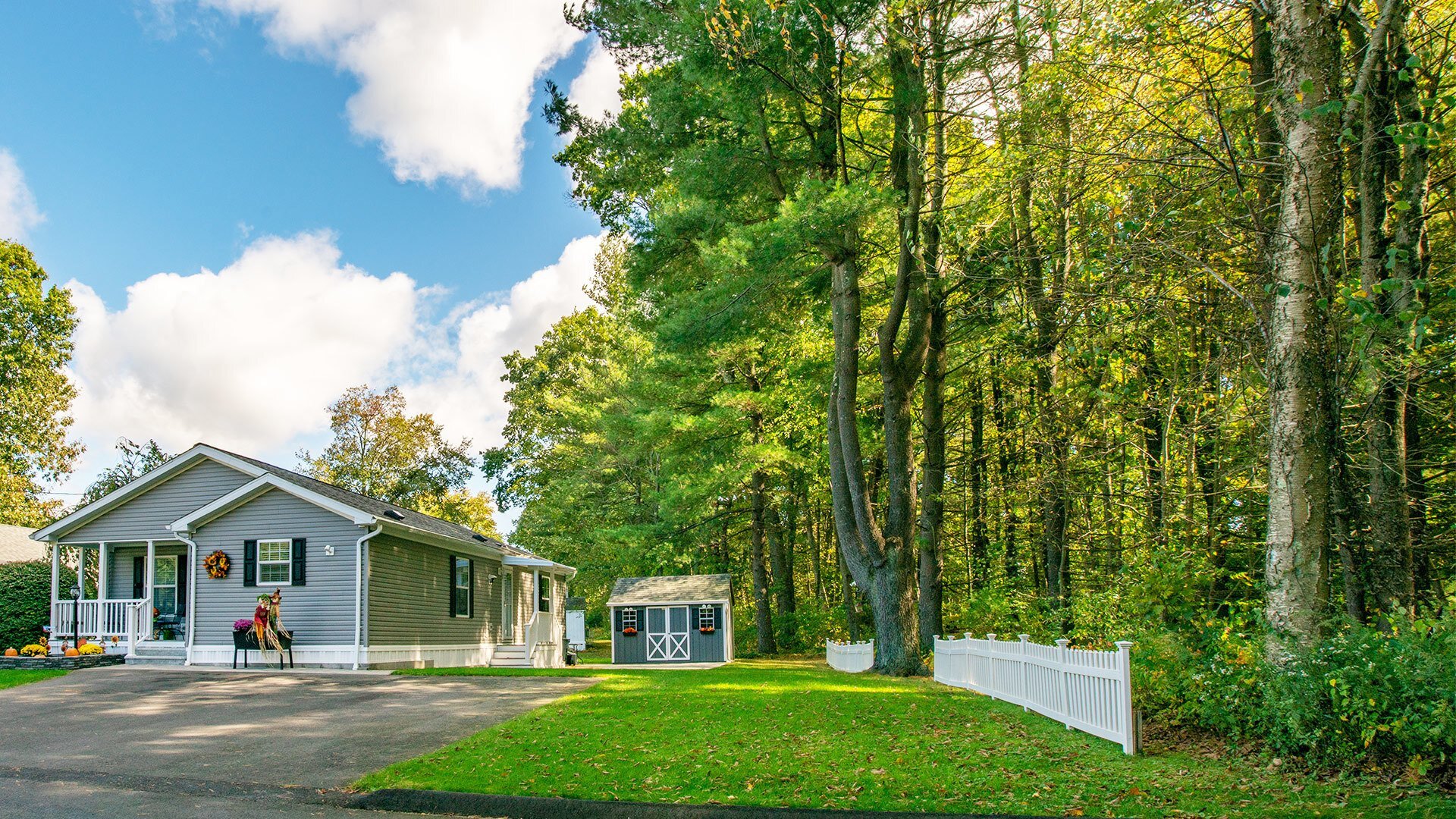Start Your Search Strategically
Finding the ideal rental home near you can feel like a daunting task. But with a little planning and the right resources, you can streamline your search and find the perfect place to call home. Begin by defining your must-haves. Consider factors like budget, desired number of bedrooms and bathrooms, preferred neighborhood features (e.g., proximity to parks, schools, public transportation), and any pet-related considerations.
Utilize Online Resources
The internet has revolutionized the rental home search. Numerous websites and apps specialize in connecting renters with available properties. Explore platforms like [List popular local and national rental platforms, e.g., Zillow, Apartments.com, Craigslist]. These platforms often allow you to filter your search based on your specific criteria, view photos and virtual tours, and even schedule property viewings online.
Tap into Local Networks
Don’t underestimate the power of word-of-mouth. Reach out to friends, family, colleagues, and neighbors. They may have personal recommendations for reliable landlords or know of properties that are not yet listed online. Consider joining local community groups or attending neighborhood events. These interactions can provide valuable insights into the local rental market and uncover hidden gems.
Schedule Property Viewings
Once you’ve narrowed down your options, schedule viewings of potential rental homes. Take your time during these visits. Pay close attention to details like the overall condition of the property, the quality of appliances and fixtures, the level of noise and traffic, and the overall neighborhood atmosphere.
Ask the Right Questions
Don’t hesitate to ask the landlord or property manager any questions you may have. Inquire about lease terms, rental policies (e.g., pet policies, guest policies), utilities included in the rent, parking availability, and any planned renovations or maintenance.
Read the Lease Agreement Carefully
Before signing a lease, carefully review all the terms and conditions. Understand your rights and responsibilities as a tenant.1 If you have any concerns or questions, don’t hesitate to seek clarification from the landlord or consult with a legal professional.
Negotiate Wisely
In some cases, you may have room to negotiate certain aspects of the lease agreement, such as the rental price, the length of the lease term, or the inclusion of certain amenities. Be prepared to discuss your priorities and negotiate in good faith.
Build a Strong Relationship with Your Landlord
Maintaining a positive and respectful relationship with your landlord is crucial for a successful tenancy. Communicate promptly and effectively regarding any







